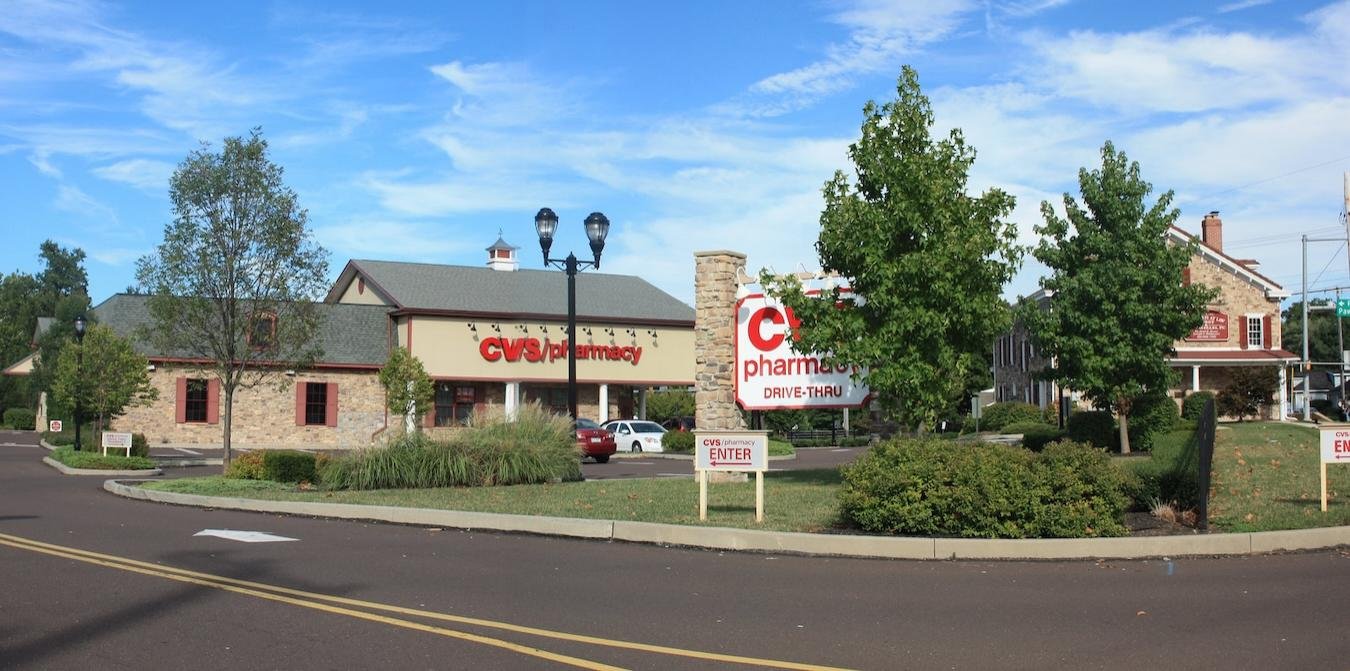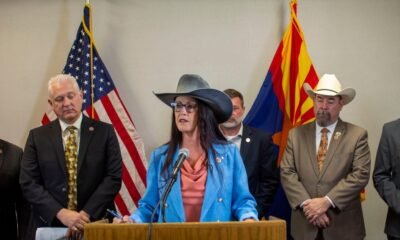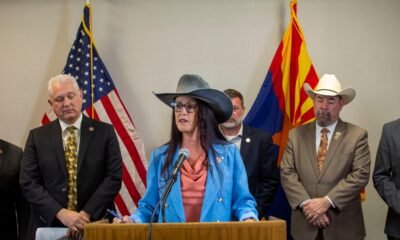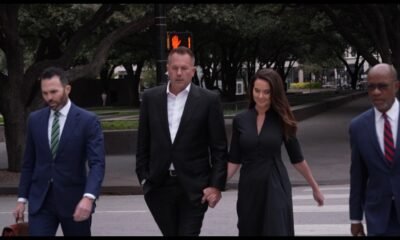Business
Feds Allegations: CVS Accused of Profiting from Excessive Opioid Prescriptions

The U.S. Department of Justice has filed a lawsuit against CVS, alleging that the pharmacy chain contributed to the opioid crisis by improperly filling prescriptions. The suit claims that CVS “fed dependence and addiction” on opioids by processing excessive and unlawful prescriptions while billing federal health insurance programs.
Unveiling a 97-page civil complaint in federal court in Rhode Island, the DOJ asserts that CVS knowingly filled prescriptions for controlled substances that lacked legitimate medical justification. This alleged misconduct reportedly spans over a decade, from October 2013 to the present, involving inappropriate fills of “dangerous and excessive quantities” of opioids.
The government highlights that CVS often processed prescriptions from prescribers known for “pill mill practices,” where controlled substances were loosely prescribed. Despite warnings from CVS pharmacists, who advised against filling prescriptions from suspicious doctors, the company continued its practices.
Dr. Robert Ritchea, an internal medicine specialist from Phenix City, Alabama, is cited as a prominent example. He became notorious for prescribing large amounts of narcotics to healthy individuals. A CVS pharmacist confirmed in early 2015 that some stores had ceased filling his prescriptions due to “good faith issues.” Yet, other CVS locations persisted in fulfilling these prescriptions even after warnings were issued.
Investigators noted that multiple pharmacists documented alerts in the company’s databases to prevent the filling of prescriptions from Ritchea. One urgent warning read, “DO NOT FILL ANY RITCHEA SCRIPTS!” Yet, CVS reportedly processed 361 prescriptions from him post-warning.
The investigation revealed that this issue was not isolated to Dr. Ritchea. Another physician, Dr. Howard Diamond, noted for prescribing high doses of pain medication, also had numerous prescriptions filled. CVS continued to honor his prescriptions despite ongoing investigations into his practices.
Further complicating matters, the government alleges that CVS maintained understaffed pharmacies, prioritizing profit over safety and encouraging the dispensing of controlled substances without proper scrutiny. “CVS knew that its pharmacists lacked the time to comply with their professional practice obligations,” the lawsuit contends.
The DOJ’s complaint also outlines cases of ten individuals who fatally overdosed on opioids and other controlled substances obtained from CVS, asserting that the pharmacy’s actions violate the Controlled Substances Act. Additionally, the company’s reimbursement requests from federal health care programs for these prescriptions could infringe on the False Claims Act.
In response, CVS has denied the allegations, stating, “We have cooperated with the DOJ’s investigation for more than four years, and we strongly disagree with the allegations and false narrative within this complaint.” Previously, in 2022, CVS settled similar claims with state and local governments for nearly $5 billion without admitting any wrongdoing.


















